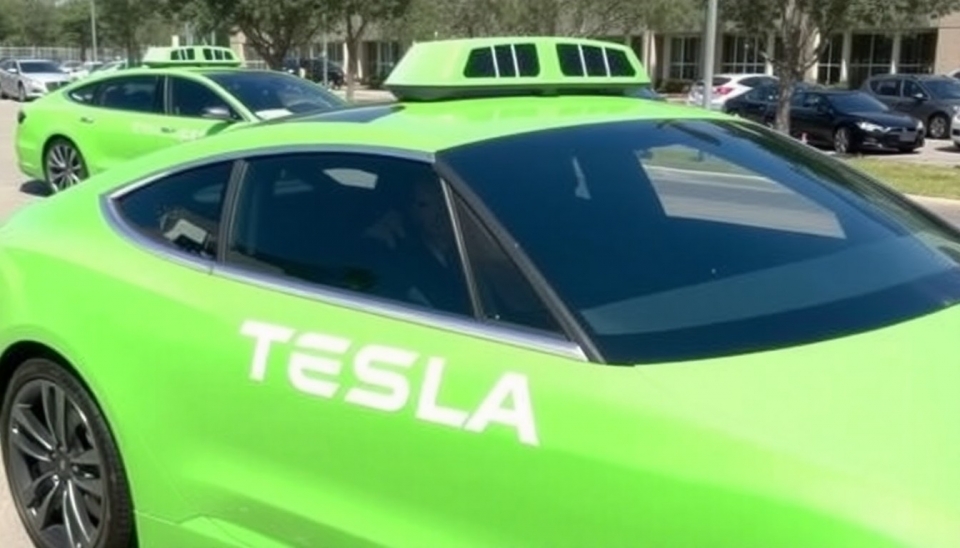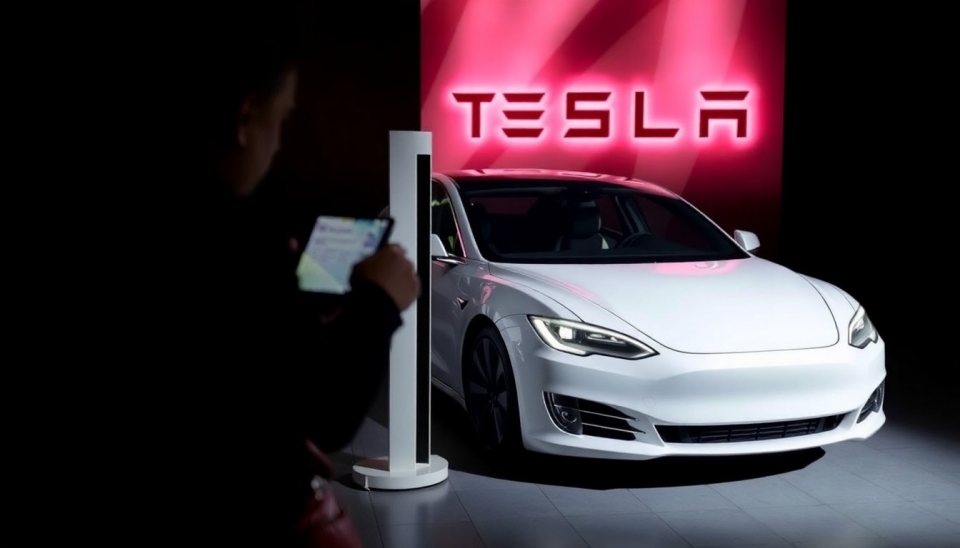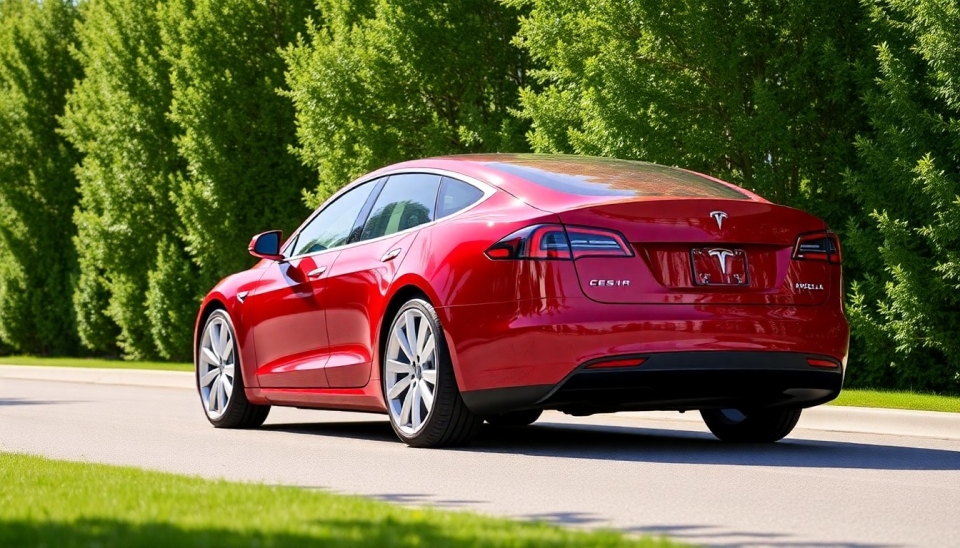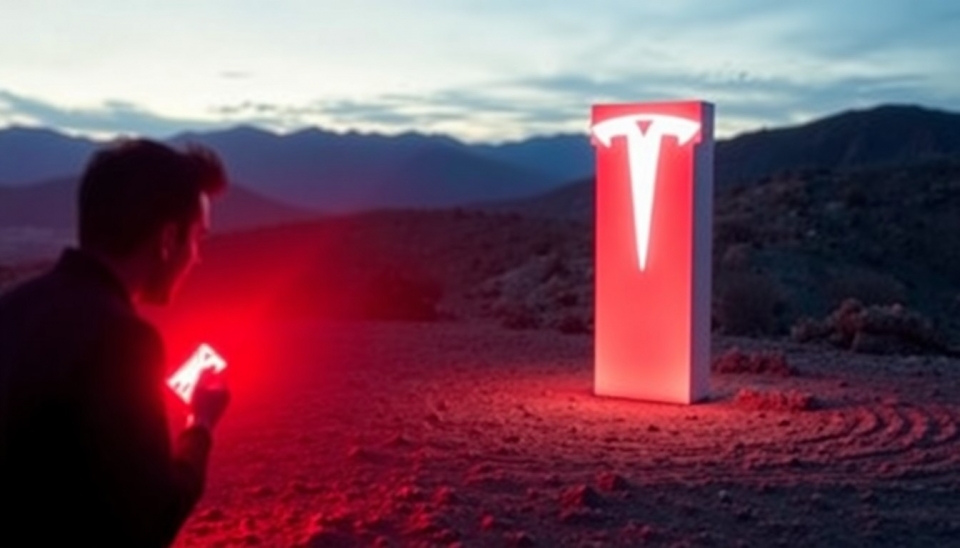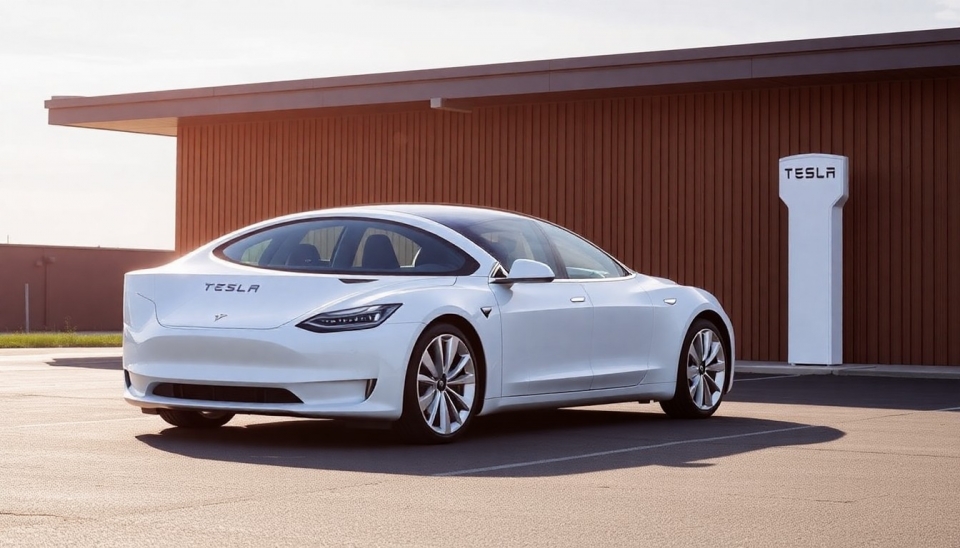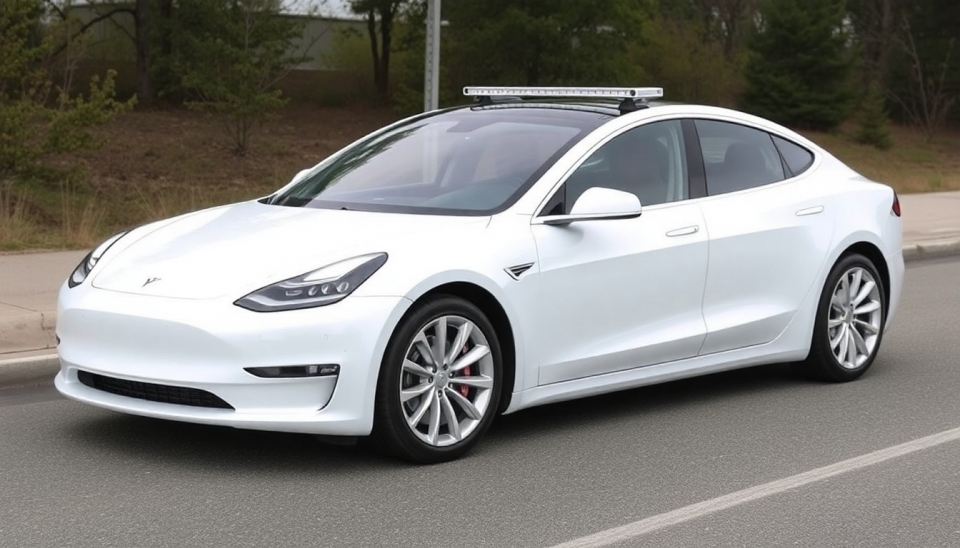
In a surprising move, the U.S. government has removed plans to procure armored Tesla vehicles from its procurement list. This decision, which has caught many industry analysts off guard, raises significant questions regarding the future of such vehicles within federal contracts and broader implications for Tesla as a defense contractor.
Documents that had previously indicated a government interest in purchasing armored versions of the electric vehicles have been updated to reflect their removal. This shift suggests that the initiative to integrate Tesla's innovative technology into government security measures may no longer be a priority. Although no official explanation has been provided by government officials, industry insiders speculate that the move could be linked to a range of factors including budgetary constraints, changes in security assessments, or shifts in political strategy.
Tesla, known for its cutting-edge advancements in electric and autonomous vehicle technology, had been positioning itself as a game-changer in the automotive sector. The prospect of armored Teslas, with their sophisticated engineering and strong brand identity, hinted at a new era for defense vehicle procurement. However, with the recent developments, stakeholders are left pondering the viability of such an initiative.
Experts suggest that this unexpected withdrawal could have far-reaching ramifications not only for Tesla but also for the entire landscape of military and government vehicle acquisitions. As traditional defense contractors continue to dominate the sector, Tesla's innovative approach could have offered a refreshing alternative. Nevertheless, the company's efforts to break into this market may now face significant hurdles.
Moreover, the removal from the procurement list raises further questions about Tesla's future engagements with government contracts and its ability to adapt to the rapidly changing political and economic climate. As the defense industry is known for its lengthy procurement processes and stringent requirements, the sudden halt in interest for armored Teslas could result in lost opportunities that may not be recoverable easily.
In addition, the decision appears to reflect a broader trend within the government to reassess and optimize its procurement strategies. With a renewed focus on cost-effective solutions and a careful examination of the current security landscape, the government may ultimately seek alternatives that do not rely on Tesla's relatively new offerings in the armored vehicle space.
As Tesla continues to push boundaries in technology and sustainability, analysts will be watching closely to see how this absence from the procurement list impacts the company's strategy and perception in both the civilian and military markets. The automotive giant has shown resilience and adaptability in the past, but the loss of this potential collaboration could pose new challenges for their business model.
The future of armored vehicles in the governmental arena remains uncertain for now. As stakeholders await further developments, the implications of this decision will undoubtedly reverberate throughout the defense contracting landscape for months to come.
#Tesla #USGovernment #DefenseContracts #ElectricVehicles #ArmoredCars #MilitaryProcurement #InnovativeTechnology
Author: John Miller
